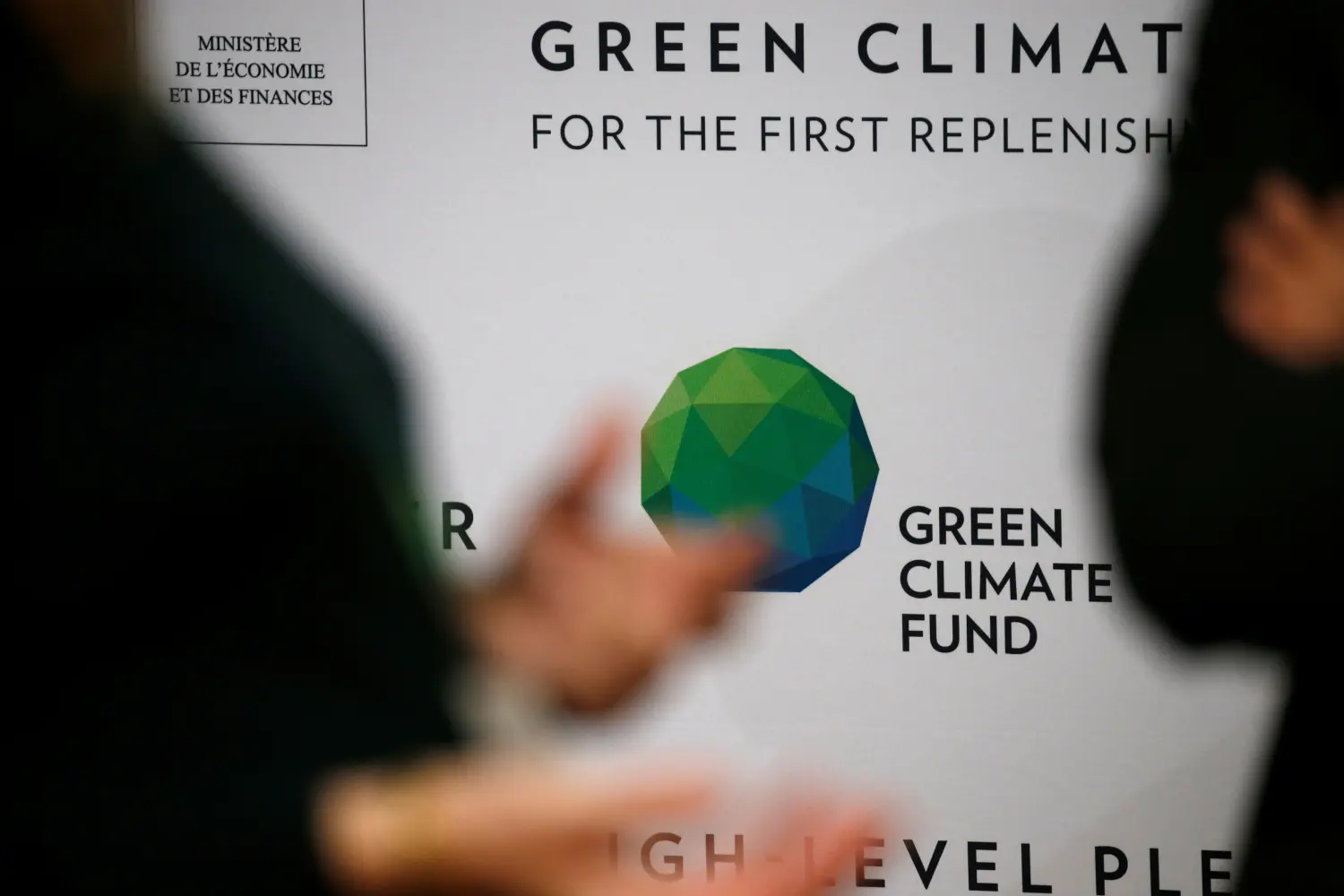As the world speeds up efforts towards sustainable development, attention is shifting more and more towards climate action. The Green Climate Fund (GCF), the most significant climate fund in the world, is seeing an increase in pledges from nations.
The Green Climate Fund (GCF) is a vital international initiative that supports developing countries in their quest for low-emission, climate-resilient development. With a robust portfolio of $13.5 billion, complemented by an additional $51.9 billion in co-financing, the GCF is driving transformative climate action on a global scale. Currently, the fund is actively engaged in over 120 countries, empowering them to mitigate the impacts of climate change and transition towards a more sustainable future.
Read also: Nigeria’s Federal Housing Authority launches digitisation drive
The GCF fosters a paradigm shift in climate resilience and low-emission development through its diverse range of projects and programs. By providing financial support and expertise, the fund enables developing countries to adopt innovative climate solutions, enhance their adaptive capacities, and reduce their greenhouse gas emissions. The GCF is catalysing a broad spectrum of climate-resilient development pathways, from renewable energy initiatives to sustainable land use and climate-smart agriculture.
The High Cost of Africa’s Climate Change: Nigeria’s Environmental and Social Challenges
A country’s firms must comply with the Environmental Sustainability Goals (ESGs) to benefit from the fund. According to Carbon Collective Investment, which handles climate-related funds, there must be return on investment (ROI) expectations, and the firms must deliver positive environmental and social impacts.
Africa suffers significant additional damage despite having the lowest and most minor greenhouse gas emissions. This impacts its economy, infrastructure, food systems, water, public health, agriculture, and livelihoods. The African Development Bank issues a warning, stating that these effects might deepen extreme poverty and undo development benefits.
Nigeria exemplifies this challenge. As Africa’s largest economy and most populous country, it is rich in natural resources such as oil and natural gas. However, according to the United Nations, Nigeria has the world’s highest deforestation rate, losing 3.7% of its forests annually.
Nigeria’s Climate Champions: CEOs Driving Change
Adepeju Adebajo is the Chief Executive Officer (CEO) of Lumos Nigeria, an off-grid solar company that offers dependable electrical solutions to homes, and she has over 25 years of expertise in various industries. Over 100,000 solar home systems have been installed in Nigeria under her direction, and the company has raised $125 million in funding—including a recent $35 million loan from the U.S. International Development Finance Corporation (DFC) to grow its market—and secured $125 million in loans.
Bill Lenihan, Founder and CEO of Zola Electric, has over two decades of experience across various industries. The company’s first funding round was on March 21, 2014, and its latest round was a $45 million conventional debt round on September 23, 2021.
NigeriaFemi Adeyemo is the founder and CEO of a pioneering distributed utility backed by venture capital, including investments affiliated with Bill Gates. In 2019, he spearheaded Arnergy’s successful $ 9 million Series A equity round, attracting investment from four top-tier global investors.
Prince Ojeabulu, CEO of Rensource Energy, leads a $45.3 million-funded company developing critical energy infrastructure for African enterprises. Adetayo Bamiduro, CEO of MAX, pioneers vehicle subscription services in Africa, facilitating 429 million trips and reducing CO2 emissions by 324,000 tons.
Other CEOs Driving Change (Climate Champion)
Tope Sulaimon is the CEO and co-founder of Scrapays, a Nigerian platform that innovates garbage management. Sulaimon has created scraps that enable people to quickly dispose of recyclable rubbish to independent businesses and receive payback, all while supporting environmental sustainability. Thus far, Scrapays has been one of the climate tech businesses that were a part of the $1.8 million Accelerator Fund released in 2024.
Read also: NELFUND cautions Nigerians on fake student loan sites
Olawale Adebiyi, CEO of Wecyclers, has significantly impacted recycling in Lagos, Nigeria, securing $2 million in funding to recycle 30,000 tonnes of plastics over five years.
Victor Boyle-Komolafe, CEO of GIVO Recycling, has raised over $19,500 in funding through two rounds, with the latest being a grant, recognizing the organisation’s innovative and impactful initiatives.
The CEO and founder of Kaltani, a recycling business aimed at resolving Africa’s mounting plastic waste issue, is Obi Charles Nnanna. In order to combat the pollution crisis caused by plastic waste on the continent, KALTANI has become crucial. KALTANI obtained $4 million in startup money because of Nnanna’s leadership, which significantly aided the organisation’s efforts to end plastic waste pollution in Africa.















